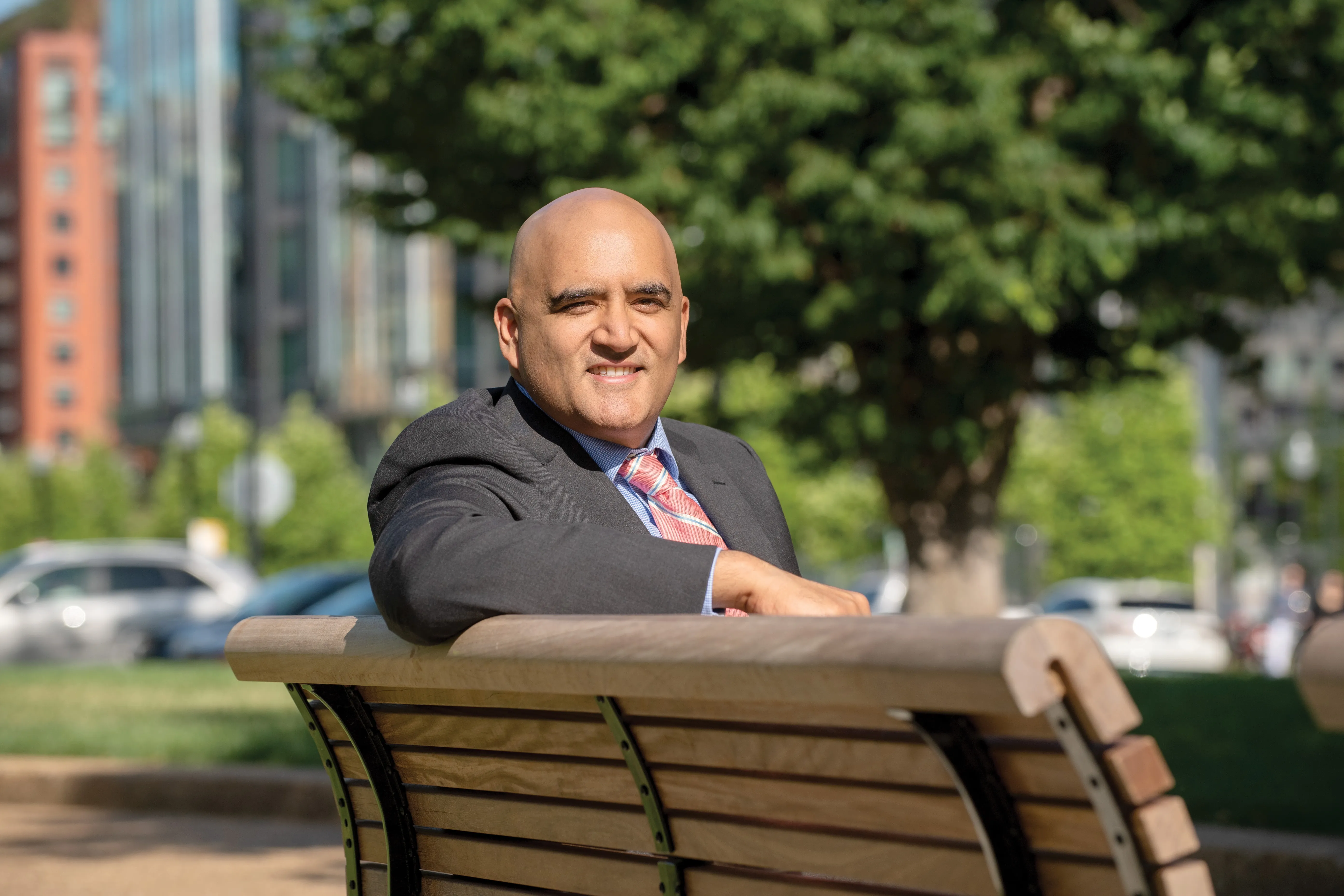The National Academies of Sciences, Engineering, and Medicine (National Academies) has selected a joint venture of Cambridge Systematics and WSP/Parsons Brinckerhoff, to support the future interstate study mandated in Fixing America's Surface Transportation Act of 2015 (FAST Act).
The FAST Act calls for the National Academies’ Transportation Research Board (TRB) to conduct “... a study on the actions needed to upgrade and restore the Dwight D. Eisenhower National System of Interstate and Defense Highway
December 22, 2016
Read time: 2 mins
The National Academies of Sciences, Engineering, and Medicine (National Academies) has selected a joint venture of 5673 Cambridge Systematics and 8556 WSP | Parsons Brinckerhoff, to support the future interstate study mandated in Fixing America's Surface Transportation Act of 2015 (FAST Act).
The FAST Act calls for the National Academies’ Transportation Research Board (TRB) to conduct “... a study on the actions needed to upgrade and restore the Dwight D. Eisenhower National System of Interstate and Defense Highways to its role as a premier system that meets the growing and shifting demands of the 21st century”.
The TRB study will be conducted by a committee of the National Academies with balanced expertise in transportation issues. In support of the future interstate study, the joint venture of Cambridge Systematics and WSP | Parsons Brinckerhoff will conduct case study analysis and modelling to explore the impact of changing travel and technology trends, and their implications for the future of the interstate highway system. The study will also draw from information provided by the highway industry, including highway owners, operators and users of the system, associations, private-sector stakeholders, and academia, among others. The study is expected to be completed in late 2018.
The FAST Act calls for the National Academies’ Transportation Research Board (TRB) to conduct “... a study on the actions needed to upgrade and restore the Dwight D. Eisenhower National System of Interstate and Defense Highways to its role as a premier system that meets the growing and shifting demands of the 21st century”.
The TRB study will be conducted by a committee of the National Academies with balanced expertise in transportation issues. In support of the future interstate study, the joint venture of Cambridge Systematics and WSP | Parsons Brinckerhoff will conduct case study analysis and modelling to explore the impact of changing travel and technology trends, and their implications for the future of the interstate highway system. The study will also draw from information provided by the highway industry, including highway owners, operators and users of the system, associations, private-sector stakeholders, and academia, among others. The study is expected to be completed in late 2018.









